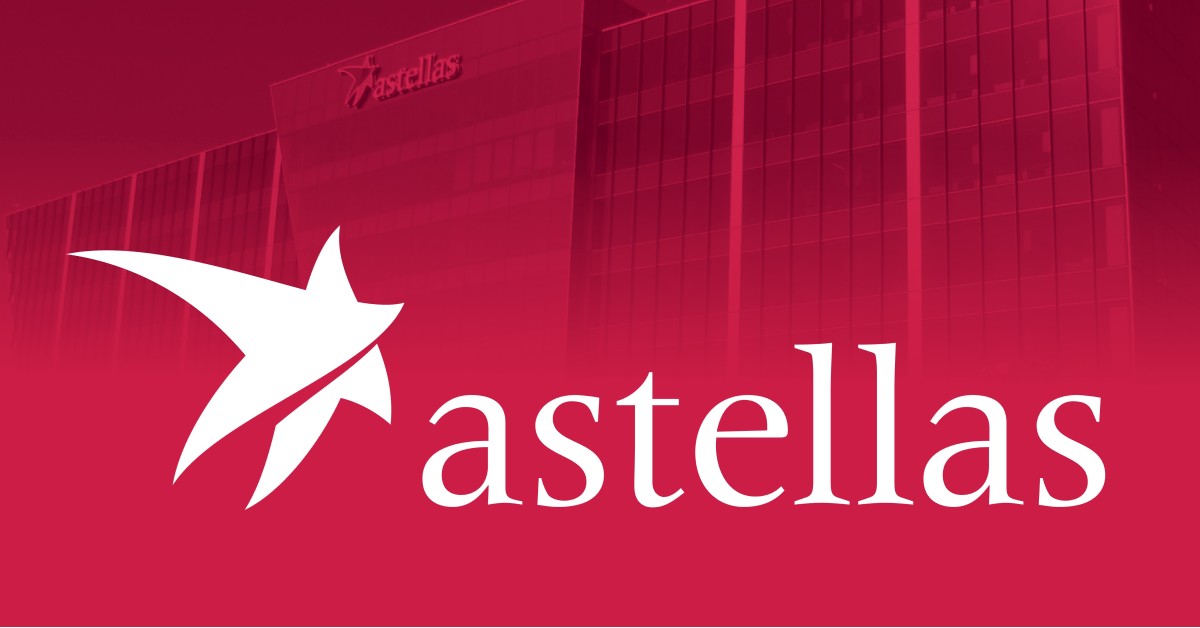
USA – Astellas has strengthened its cancer drug lineup with a new partnership, signing a deal worth US$ 1.3 billion with China-based Evopoint Biosciences.
This agreement grants Astellas the exclusive rights, outside of China, Hong Kong, Macau, and Taiwan, to develop and sell XNW27011, a new antibody-drug conjugate (ADC) targeting the cancer marker CLDN18.2. The drug is currently being tested in early-stage clinical trials.
As part of the agreement, Astellas will pay US$ 130 million upfront. If XNW27011 meets certain goals in development, regulatory approval, and sales, Evopoint could receive up to US$ 1.34 billion in additional payments. Approximately US$ 70 million of that could be paid out soon, depending on near-term progress.
This ADC uses a specialized topoisomerase I inhibitor linked to an antibody—a method that has already shown success in other cancer treatments.
Astellas sees the drug as a good fit for its precision oncology portfolio and part of its broader plan to lead in advanced cancer care.
This isn’t Astellas’ first move into claudin-targeted drugs. Last year, the company launched Vyloy (zolbetuximab), the first drug approved to target the CLDN18.2 antigen.
Vyloy is approved to treat advanced gastric and gastroesophageal cancers that are HER2-negative and CLDN18.2-positive.
After only a few months on the market, Vyloy generated US$ 85 million in sales and is projected to grow significantly, with estimates reaching US$ 278 million in 2025 and possibly exceeding US$ 1 billion in the future, if more widespread testing for CLDN18.2 becomes commonplace.
CLDN18.2 is a protein found on the surface of cancer cells in roughly 38% of advanced gastric cancer cases and is also seen in cancers like pancreatic cancer.
Since it is rarely found in healthy tissues, treatments targeting this protein could reduce side effects by avoiding damage to normal cells.
This new deal not only expands Astellas’ claudin-based treatment pipeline but also fits its long-term goal of becoming a major player in ADC therapies, an area that’s gaining momentum in the fight against cancer.
XRP HEALTHCARE L.L.C | License Number: 2312867.01 | Dubai | © Copyright 2025 | All Rights Reserved